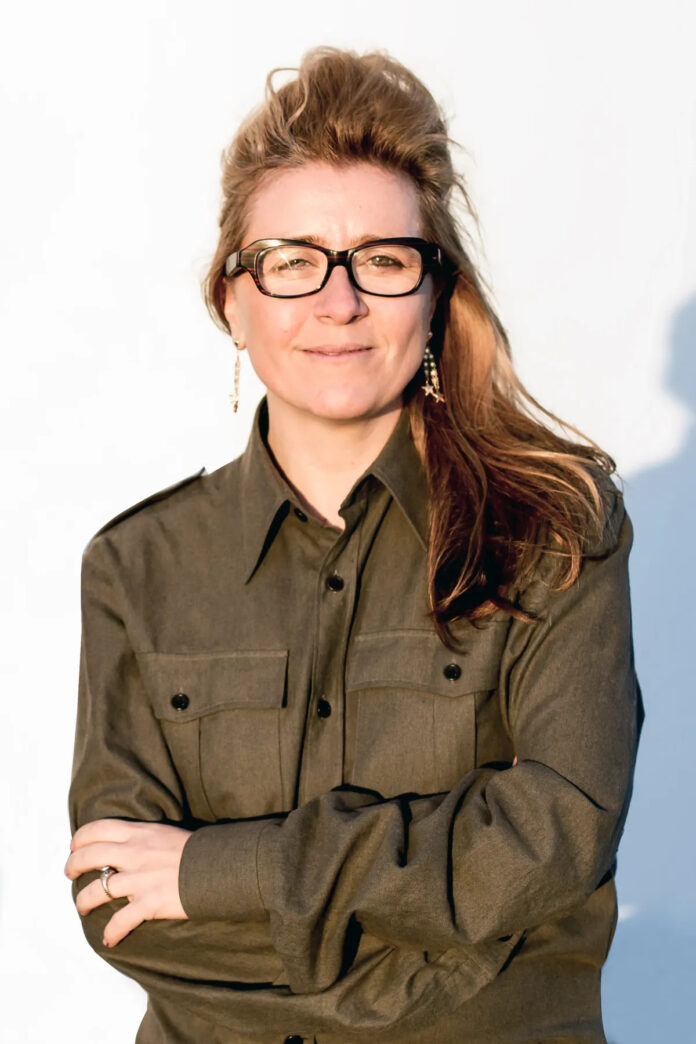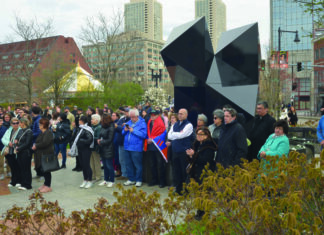ISTANBUL (New York Times) — The Istanbul Biennial, one of the European art world’s major events, was thrown into disarray on January 19 when its lead curator stepped down and the event was postponed until 2025.
Divisions in the art world over the biennial’s choice of Iwona Blazwick, a British curator, to oversee the event had made it “impossible” for the show to open as planned in September, the Istanbul Foundation for Culture and Arts, which organizes the biennial, said in a news release.
A spokeswoman for the foundation said in a telephone interview that Blazwick had resigned after reaching the decision to postpone.
A furor around the exhibition has been building for months. Before taking on the role of lead curator, Blazwick had been a member of a four-person advisory panel that considered applications for the job and which initially recommended that Defne Ayas, a Turkish curator, should oversee the next edition, its 18th. But the biennial’s organizers rejected that choice and, in August, announced instead that Blazwick herself would be in charge.
A spokeswoman for the Istanbul Foundation for Culture and Arts did not respond to an emailed inquiry about why it had rejected Ayas, but art world insiders have theorized that it was because her selection would have been politically inflammatory in Turkey. In 2015, Ayas curated the Turkish Pavilion at the Venice Biennale. The Pavilion’s catalog included a brief reference to the Armenian genocide — the killing of some 1.5 million Armenians by the Ottoman Empire. Turkey denies that the genocide occurred.









